Keywords: Horror
There are more than 200 results, only the first 200 are displayed here.
-

ARTS AND CULTURE
- Gillian Bouras
- 02 September 2022
1 Comment
Australian cultural icon and erstwhile publisher Hilary McPhee calls Telltale ‘a rare thing, an ingenious memoir,’ and she is right. It is interesting and reassuring to note that books about reading and recollections of reading habits seem to be proliferating. Perhaps such writing is a defence measure against worrying developments like universities in England, for example, axing their English Literature courses.
READ MORE 
-
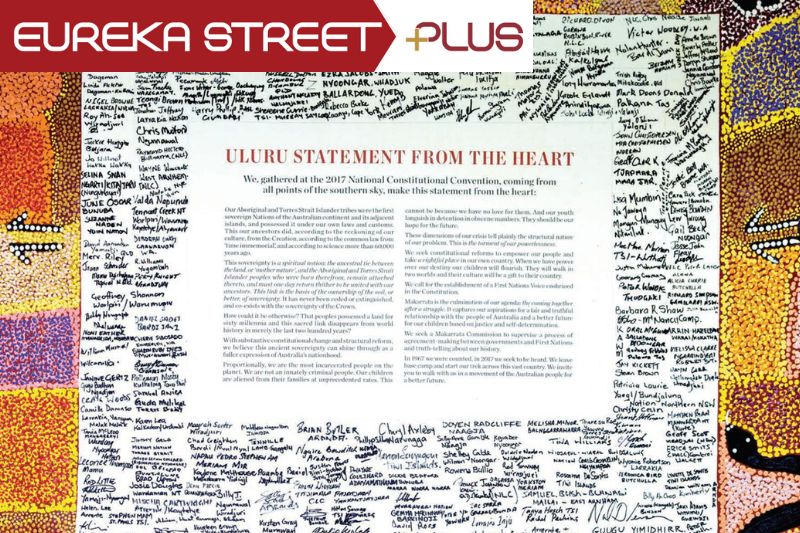
AUSTRALIA
- Frank Brennan
- 17 August 2022
2 Comments
We need to be able to do more than simply give notional assent to the Uluru Statement. We need to be able to contribute to the hard thinking and difficult discussions to be had if the overwhelming majority of our fellow Australians are to be convinced of the need for a Voice in the Constitution.
READ MORE 
-
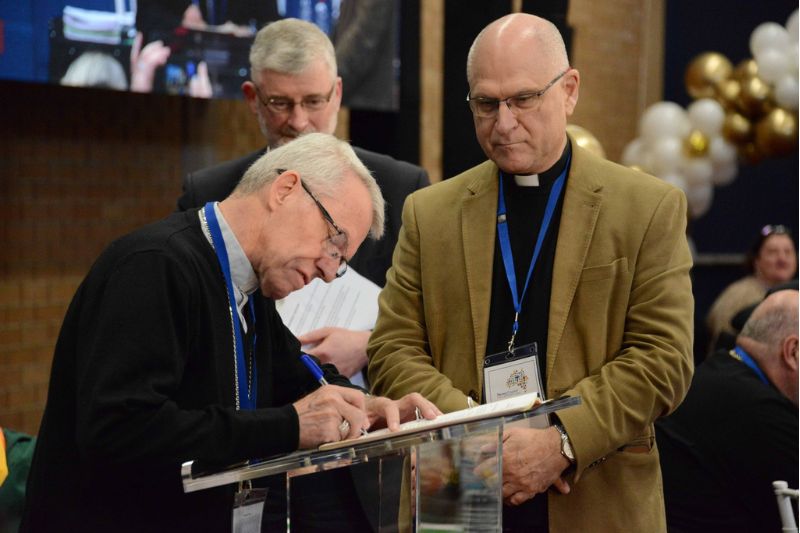
RELIGION
- Geraldine Doogue
- 27 July 2022
7 Comments
What did the Plenary mean exactly, and what is next for the church? Secretary to the Council, Fr David Ranson, offers a rich and bracingly realistic set of observations about the Plenary Council. As secretary, Fr David was deeply absorbed in the lead-up, in the events of the week itself and now in assessing what comes next. He might surprise you with his judgements. They're delivered by a man with an acute sense of Church procedures but also with an eye to possibilities.
READ MORE 
-
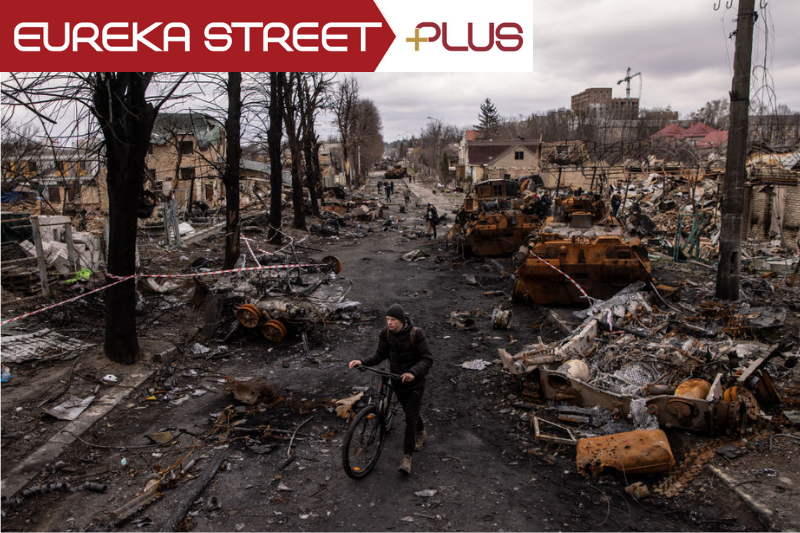
INTERNATIONAL
- Andrew Hamilton, David Halliday, Michele Frankeni, Stewart Braun
- 19 May 2022
5 Comments
We are now three months into the Ukraine war. From an invasion it has turned into a war of attrition that has cost many lives, displaced civilians, destroyed cities, and led to sanctions and the making of alliances with effects that have spread suffering far beyond Ukraine. In this Roundtable, Andrew Hamilton SJ, David Halliday, Michele Frankeni and Dr Stewart Braun explore the ethics of the war and likely paths to peace.
READ MORE 
-
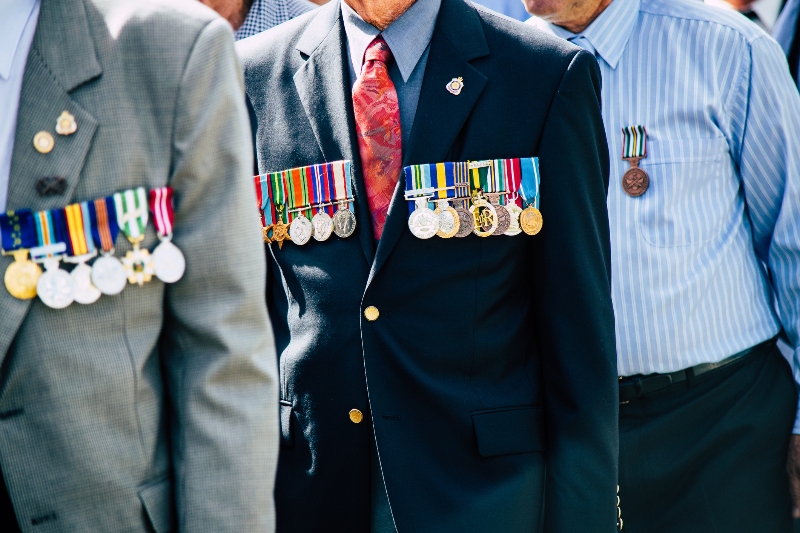
AUSTRALIA
- Andrew Hamilton
- 21 April 2022
34 Comments
This year Anzac Day promises to be a subdued celebration with local events in which people who have fought in wars and their relatives can take part. Few will be able to travel to Gallipoli to remember the invasion. The focus of the day will remain rightly on the sorrow of war and not on the heroic achievements of soldiers or on deemed distinctive Australian qualities displayed at Gallipoli. The association of soldiers at Gallipoli with footballers playing their games on Anzac Day will seem not only crass but ridiculous.
READ MORE 
-
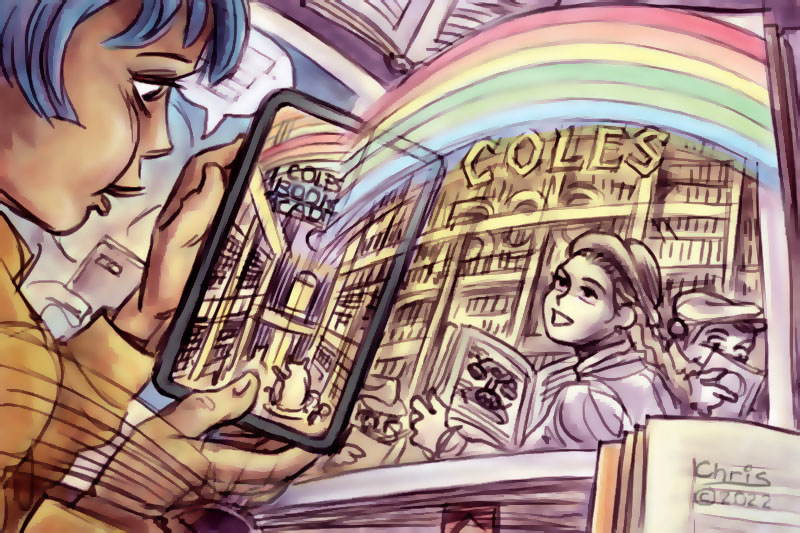
ARTS AND CULTURE
- Cherie Gilmour
- 19 April 2022
6 Comments
Edward Cole understood that books encouraged community. The businessman could rub shoulders with the tramp in his Arcade. Now, in an age of division and isolation, more than ever we need spaces which facilitate community; light-filled cathedrals dedicated to the love of knowledge and stories, and their power to cross borders, politically, ideologically and culturally.
READ MORE 
-
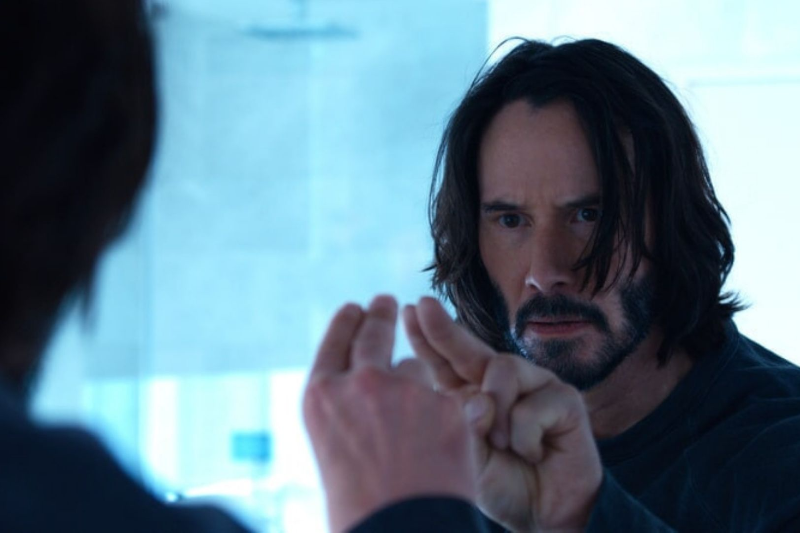
ARTS AND CULTURE
- Natasha Moore
- 14 April 2022
4 Comments
Is resurrection the ‘theme’ of 2022? Politicians want to resurrect the fortunes of CBD cafes, film studios are resurrecting old movie franchises, and we’re all doing our best to revive flagging spirits after two years (at least?) of bad news. And here we are at Easter weekend, the resurrection story: Jesus crucified and buried on Good Friday, raised from the dead come Easter Sunday.
READ MORE 
-

AUSTRALIA
- Andrew Hamilton
- 07 April 2022
6 Comments
Palm Sunday alternates between March and April. When, as this year, it is celebrated in April it keeps company with a number of days that provoke us to ask what and who matter, what and whom can you trust. If it is a cruel month, it is so because it tests, even mocks, our comfortable assumptions. In a year overshadowed by manifestations of climate change, of persistence of Covid and of the horrors of war, it is not a bad month to endure an election.
READ MORE 
-
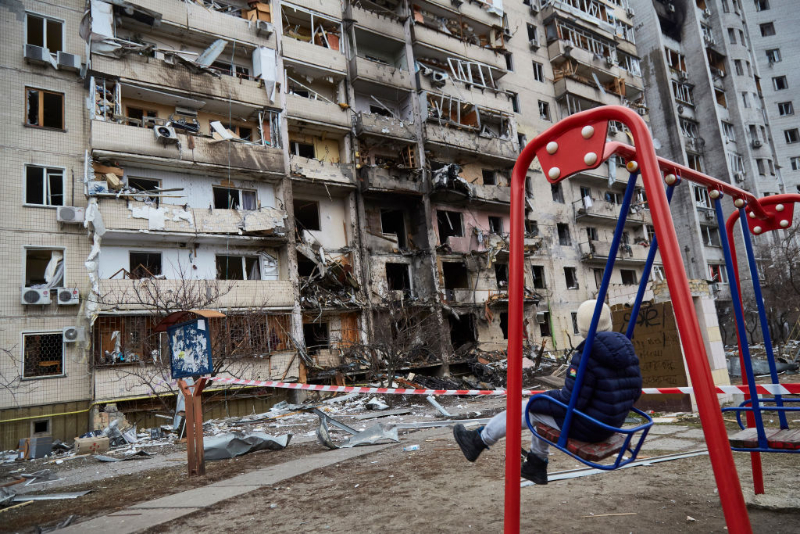
INTERNATIONAL
- Andrew Hamilton
- 08 March 2022
19 Comments
In the face of the horrors of invasion it is natural to be fascinated by the destructiveness of war and to immerse ourselves in military and political strategies. It is also natural to feel helpless and angry at the destruction of human lives, of cities and freedoms, and from a distance to barrack for one side and against the other. We attribute blame and praise, weigh causes and justifications, and divide the world into friends and enemies.
READ MORE 
-
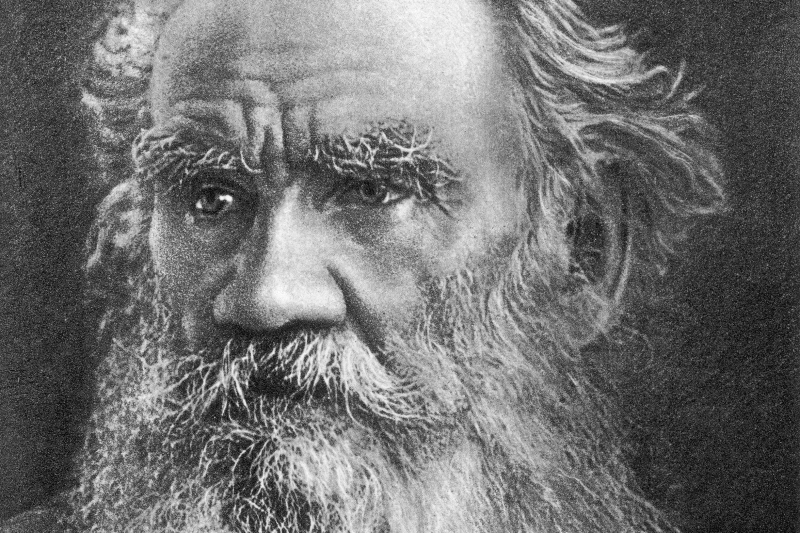
ARTS AND CULTURE
- Philip Harvey
- 03 March 2022
17 Comments
One of the most memorable scenes in Russian literature relates the thoughts of a man lying on the ground staring at the sky in the middle of a major European battle. Prince Andrei Bolkonsky is wounded. He is placed in a situation where, instead of running, fighting, and thinking every moment might be his last, he is suddenly met with silence, grandeur, tranquillity.
READ MORE 
-
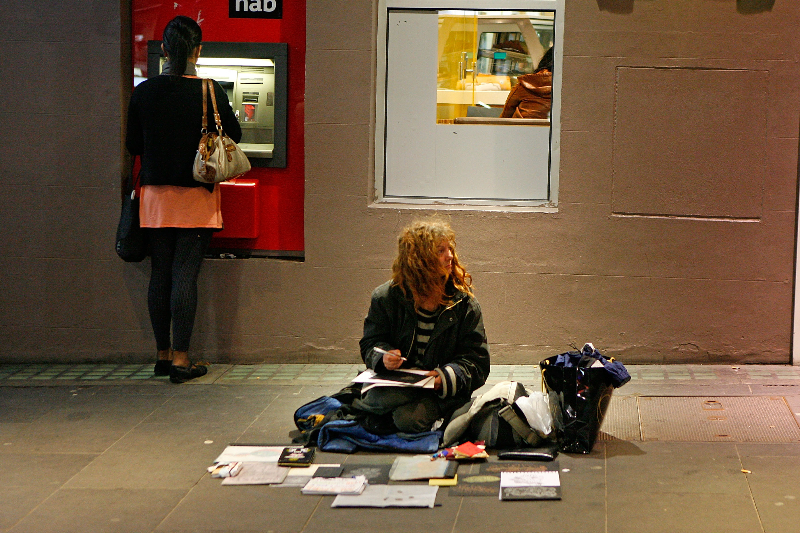
ECONOMICS
- John Falzon
- 04 January 2022
7 Comments
When you put rising housing costs alongside stagnating wages, an alarming trend in normalising insecure work, persistent unemployment and underemployment, and statutory incomes that are going backwards in real terms, there’s good reason to be deeply worried about an increase in homelessness.
READ MORE
-
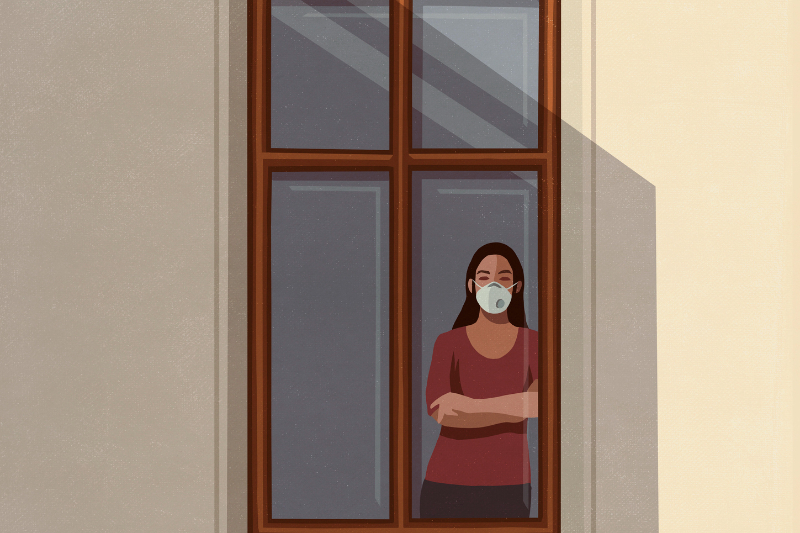
ARTS AND CULTURE
- Jennifer Gribble
- 14 October 2021
8 Comments
Well before the pandemic, the future for poetry’s slim volumes was looking far from healthy. Last November, the threatened closure of UWA Press, one of the largest publishers of poetry in Australia, drew attention to the narrowing opportunities for emerging poets to make their mark.
READ MORE 